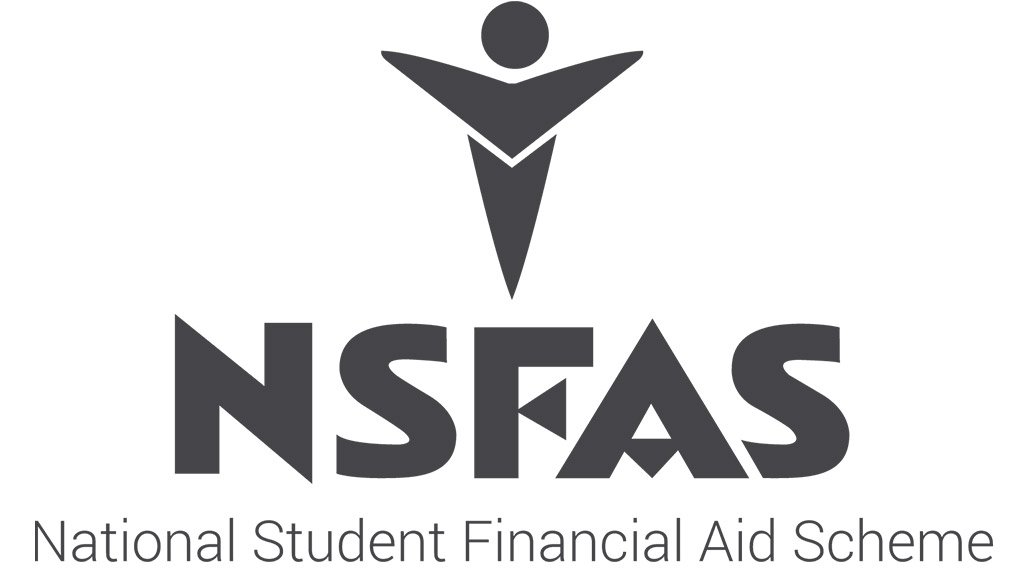/ MEDIA STATEMENT / The content on this page is not written by Polity.org.za, but is supplied by third parties. This content does not constitute news reporting by Polity.org.za.
NSFAS was established in 1991 by the South African government to provide financial aid to eligible students from poor and working-class families. It provides fully -subsidised funding for poor and working-class students at public universities. The bursary covers full cost of study, including Tuition, Registration, Learning Material, Meal allowance, Accommodation/Travel allowance, and Persona care allowance.
The National Student Financial Aid Scheme (NSFAS) would like to notify all learners, out of school youth, and non-funded students, that after consulting with various stakeholders, the deadline for applications for the student financial aid has been extended to Friday, January 21, 2022. The previous deadline was Friday, January 07,2022.
The application process opened on November 02, 2021 and to date, more than 600 000 applications were received from applicants who intend to further their postschool education at any of the 50 TVET colleges and 26 public universities. At least 505 820 are first-time applicants.
NSFAS Chairperson, Ernest Khosa briefed the Minister of Higher Education, Science and Innovation, Dr Blade Nzimande on the assessment done on the number of applications received to date.
In this application cycle NSFAS enhanced its application portal such that first-time applicants who are SASSA beneficiaries will receive a real-time response after submitting their application. To date 182 567 applicants were confirmed eligible for funding instantly. The second cohort is non-SASSA applicants who receive their responses once their income verification has been concluded.
Potential applicants are urged to make use of the opportunity as there will no further extension on the application deadline.
To qualify for NSFAS funding you must be:
- A South African Citizen;
- SASSA grant recipients (the SASSA COVID-19 grant does not count);
- Persons whose combined household income is not more than R350 000 per year;
- Persons living with disabilities with a combined household income not more than R600 000 per annum.
- A permanent resident – An individual who is in possession of a valid Permanent Residency Permit issue by the Department of Home Affairs in South Africa.
Supporting documents required:
- All applicants must provide a copy of their ID document. Smart ID cards: a copy with both sides of the smart ID must be provided;
- A temporary ID issued by the Department of Home Affairs
- Non-SASSA applicants must provide ID copies of parent/s, legal guardian/guardian or spouse;
- Proof of income: applicant and/or parents/legal guardian/spouse (where applicable (non-SASSA) should provide latest payslip not older 3 months, UIF letter, appointment letter, retrenchment letter (applicant and/or parent(s), legal guardian/spouse).
How can students apply?
- NSFAS applications are submitted online through the myNSFAS portal (www.nsfas.org.za(link is external)), where students can submit their applications using their smartphones or computer.
- To apply you must create a myNSFAS account online, then proceed to the application tab where you will fill in your personal details.
- Applicants must ensure that they receive a reference number when they have submitted their application, as proof that their applications have been successfully submitted.
- If you do not have a digital device or access to the internet, you can visit your nearest National Youth Development Agency (NYDA) or Thusong Centre to apply following the same steps.
N.B. Prospective students are urged to apply for admission at a public University or TVET College of their choice, for an approved course/programme.
Issued by National Student Financial Aid Scheme
EMAIL THIS ARTICLE SAVE THIS ARTICLE ARTICLE ENQUIRY
To subscribe email subscriptions@creamermedia.co.za or click here
To advertise email advertising@creamermedia.co.za or click here











